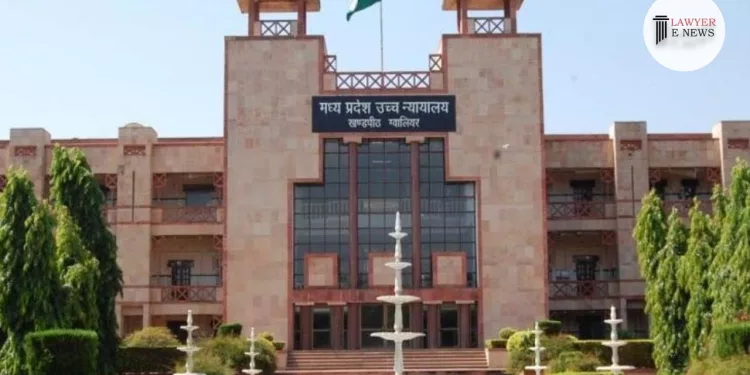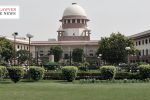“High Court Upholds Life Sentences in Notorious Ahsan Murder Case: ‘The Evidence Rings with the Truth'”

In a significant ruling, the Madhya Pradesh High Court at the Indore Bench, comprising Justices Vivek Rusia and Anil Verma, affirmed the life imprisonment sentences of the appellants involved in the murder of Ahsan. The court meticulously reviewed the evidence and testimonies, dismissing the appeals filed against the Sessions Court’s judgment in Criminal Appeals No. 917, 936, and 988 of 2013.
The appellants, Kammu @ Kamlesh, Sheju Mewati @ Shahjad Kha, Ansar, Rijwan @ Tinu, and Jafar, were convicted under Sections 120-B and 302 of the Indian Penal Code for their involvement in a calculated and brutal murder conspiracy. The case, which sent shockwaves through the community, centered around the killing of Ahsan, who was shot dead following a premeditated plan by the accused.
In their judgment, the High Court judges stated, “The trial court has rightly held that such contradictions and omissions are trivial in nature and same is neither material nor sufficient to discard their testimony which are duly corroborated by statement of each other.” This observation was critical in dismissing the appellants’ claims of contradictions and omissions in the prosecution’s case.
The pivotal evidence in the case included the testimony of the key eyewitness, Naushad (PW-2), and the medical evidence provided by Dr. D.K. Sharma (PW-8), who conducted the postmortem. The court noted that despite some witnesses turning hostile, the overall evidence, including the forensic analysis, supported the prosecution’s narrative.
The High Court, referring to precedents set by the Supreme Court, highlighted the importance of the credibility of eyewitness accounts and the need for scrutiny. “Discrepancies which do not shake the credibility of the witnesses and the basic version of the prosecution case to be discarded,” the bench noted, emphasizing the solidity of the evidence presented.
The judges concluded by affirming the trial court’s decision, stating, “We hold that the trial Court has rightly convicted and sentenced the aforesaid appellants.” They directed the appellants, who were out on bail, to surrender within 15 days to serve their remaining sentences.
This ruling reinforces the judiciary’s commitment to ensuring justice in criminal cases, even in the face of challenges and appeals. The Ahsan murder case, with its complexities and implications, thus reaches a conclusive end, upholding the rule of law and the sanctity of the judicial process in India.
Date of Decided on: 21-03-2024
KAMMU @ KAMLESH S/O KAILASH MALI AND OTHERS Vs.THE STATE OF MADHYA PRADESH AND OTHERS





